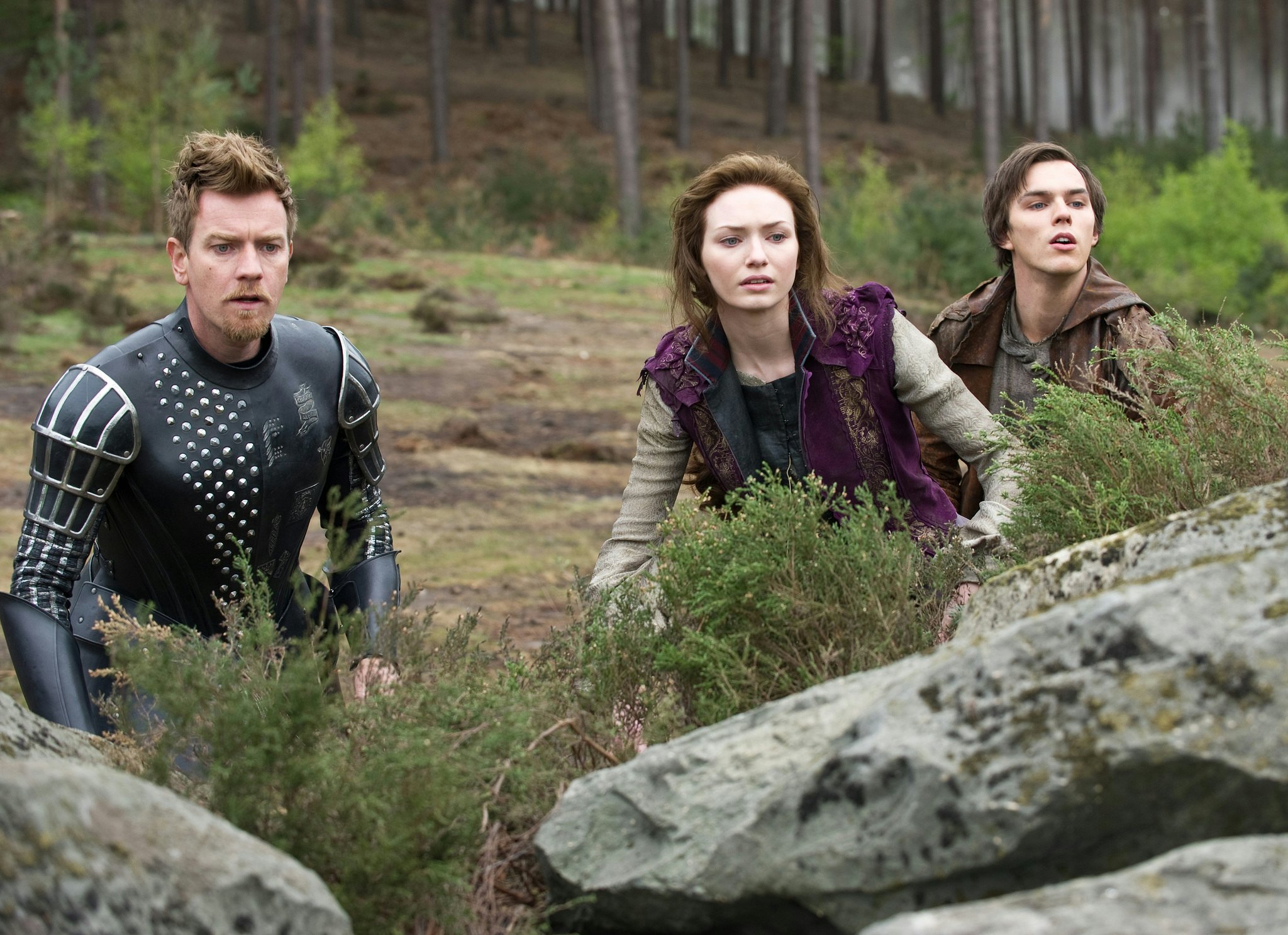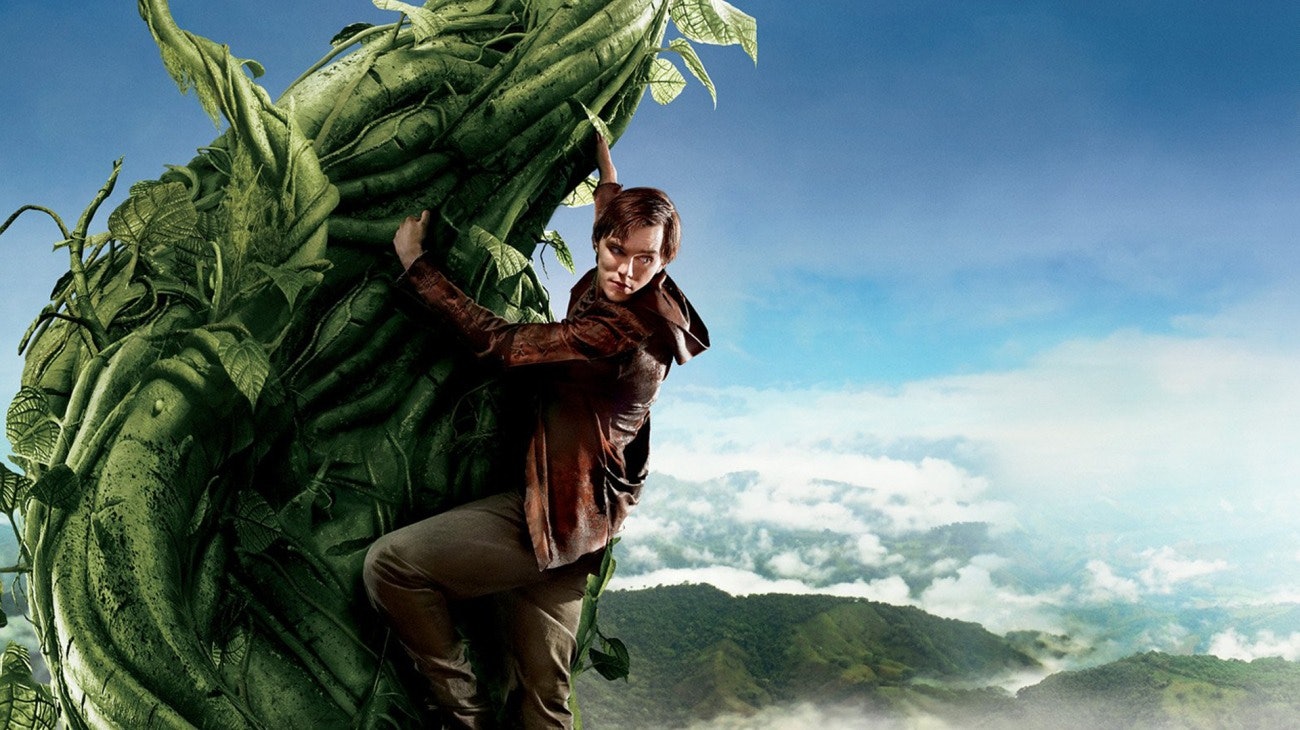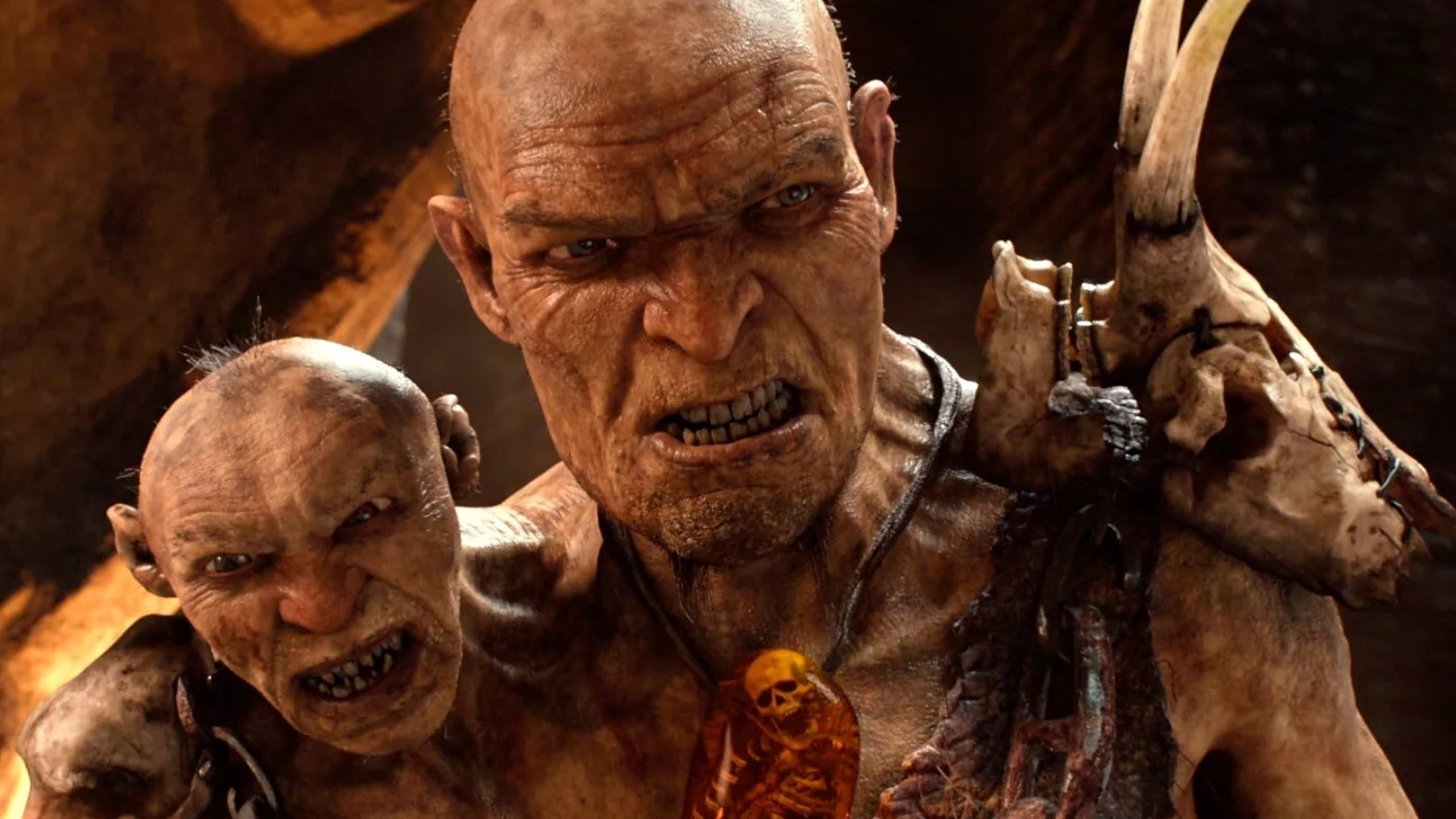
What happens when the guy who made the X-Men a household name teams up with the writer of the most successful Mission: Impossible movies and an A-list cast for an adaptation of one of the most well-known fairy tales ever? Not, despite the ingredients, a success. 2013’s Jack the Giant Slayer is, a decade removed, still one of the biggest flops the fantasy genre has ever seen. It had all the talent (and money) in the world on its side. What went wrong?
Before Bryan Singer’s ouster from Hollywood following multiple accusations of sexual misconduct, he took a break from Marvel’s mutants following the release of X2 in 2003 to try his hand at other kinds of blockbusters. He veered into the DC universe with the massively over-budgeted Superman Returns, made the World War II thriller Valkyrie, and even created a dark reimagining of The Munsters in the form of Mockingbird Lane. Meanwhile, the development of a big-budget version of “Jack and the Beanstalk” had been running in the background since 2005.
Screenwriter Darren Lemke (Shrek Forever After) came up with the idea, which focuses on a young farmhand named Jack (Nicholas Hoult) who opens a gateway to a realm of fearsome giants seeking to reclaim the land they once lost. During development, the idea shifted to a large-scale, family-friendly adventure with a monstrous $195 million price tag. At that rate, Warner Bros. needed this movie to be a giant-sized hit.
Christopher McQuarrie, who worked with Singer on Valkyrie, did a significant re-write. McQuarrie has since generated billions at the box office as the director of Mission: Impossible - Rogue Nation and Mission: Impossible - Fallout, and as the co-writer of Top Gun: Maverick. Having his name attached may seem like a retroactive good omen, although the final product would make it clear he was trying to salvage an unavoidable shipwreck.
Filming didn’t get underway until 2012, and the long development process did damage. “I thought I’d do what I did with the comic-book movies. I’ll be the first guy to create a big cinematic version of a fairy tale,” Singer said before the film’s release. But 2012’s Snow White and the Huntsman, and Tim Burton’s billion-dollar hit Alice in Wonderland, beat him to the punch. A big CGI fairy tale wasn’t fresh anymore. To succeed, this film had to be great. Spoiler alert: it was not great.

As the film and its elaborate motion-capture technology expanded in scope, it became an increasingly risky bet for Warner Bros. and New Line. The film needed around $600 million at the box office to even be worth the effort. When a nine-month delay was forced on the studio, it felt like a bad sign.
The stellar cast had potential. Hoult, on the verge of breakout status following his turn as Beast in X-Men: First Class, led the way. The ensemble also included Stanley Tucci as the villain, Eleanor Tomlinson as the princess, Ewan McGregor as the leader of the king’s guard responsible for fighting the giants, Bill Nighy as one of those giants, and Ian McShane as the king. It was a cast a filmmaker would kill to have.
But Singer couldn’t work his blockbuster magic on this old fairy tale. Even the lukewarm critical reception it received felt generous, and mixed reviews didn’t help its already weak buzz in the leadup to its opening weekend. It technically topped the box office, but came in under already modest expectations with a ruinous $27.2 million.

The following weekend brought in Sam Raimi’s Oz the Great and Powerful as competition, and Jack the Giant Slayer fell off a cliff. International audiences couldn’t save the day, and the film finished its run with $197.6 million. Contemporary reports suggested the blockbuster was set to lose $140 million, a disaster of epic proportions. That’s the kind of money few filmmakers can ever say they’ve lost.
Most of the cast recovered just fine, going on to have terrific careers beyond this flop. Warner Bros. leveled out, with The Hobbit: The Desolation of Smaug, Gravity, Man of Steel, The Hangover Part III, and The Great Gatsby all doing quite well for them that year. Even Singer delivered a monster hit with Days of Future Past before his career imploded, and McQuarrie clearly did quite well for himself too.
The studio was left holding the bag, but a lesson was ostensibly learned: recognizable intellectual property doesn’t mean anything to audiences simply because it’s recognizable. Thinking otherwise can be costly. Warner Bros. would re-learn this in 2015 with Pan, Lionsgate would get the lesson in 2018 with Robin Hood, and Universal would discover the axiom in 2019 with Cats. Hollywood as a whole, it seems, will never fully take this lesson to heart.







